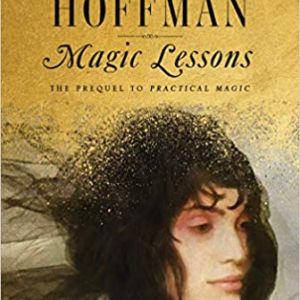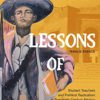Subtotal: $16.79
Unintended Lessons of Revolution: Student Teachers and Political Radicalism in Twentieth-Century Mexico Paperback – January 25, 2022 by Tanalís Padilla
Paperback
[376 Pages]
PUB:January 25, 2022
Description
Author: Padilla Tanalís
Package Dimensions: 19x235x499
Number Of Pages: 376
Release Date: 25-01-2022
Details: Product Description
In the 1920s, Mexico established rural normales—boarding schools that trained teachers in a new nation-building project. Drawn from campesino ranks and meant to cultivate state allegiance, their graduates would facilitate land distribution, organize civic festivals, and promote hygiene campaigns. In
Unintended Lessons of Revolution, Tanalís Padilla traces the history of the rural normales, showing how they became sites of radical politics. As Padilla demonstrates, the popular longings that drove the Mexican Revolution permeated these schools. By the 1930s, ideas about land reform, education for the poor, community leadership, and socialism shaped their institutional logic. Over the coming decades, the tensions between state consolidation and revolutionary justice produced a telling contradiction: the very schools meant to constitute a loyal citizenry became hubs of radicalization against a government that increasingly abandoned its commitment to social justice. Crafting a story of struggle and state repression, Padilla illuminates education’s radical possibilities and the nature of political consciousness for youths whose changing identity—from campesinos, to students, to teachers—speaks to Mexico’s twentieth-century transformations.
Review
“
Unintended Lessons of Revolution demonstrates that Mexico’s rural normal schools may be the most durable legacy of the 1910 revolution. Rural schoolteachers in postrevolutionary Mexico served communities not only as instructors but also as community organizers, social workers, and secular confessors and pastors. Tanalís Padilla weaves together oral histories with local and national documentary evidence into an empirically rich study of how the rural normales endured as incubators of political radicalism despite their original purpose as instruments to co-opt resistance into the postrevolutionary regime.” — Jocelyn Olcott, Professor of History, Duke University
“This is a tremendously impressive study of the rural normal school, which became a vibrant locale of social mobility, cultural change, and political mobilization of student-teachers at various stages in Mexican political history. This book transcends the constricted scope of a narrow institutional study to throw new light on a series of larger questions concerning Mexico’s legacy of revolution, its failed rural policies, and the explosion of unrest among rural teachers and activists. It is a pleasure to read.” — Brooke Larson, author of ―
Trials of Nation Making: Liberalism, Race, and Ethnicity in the Andes, 1810–1910
About the Author
Tanalís Padilla is Professor of History at Massachusetts Institute of Technology and author of
Rural Resistance in the Land of Zapata: The Jaramillista Movement and the Myth of the Pax-Priísta, 1940–1962, also published by Duke University Press.
Be the first to review “Unintended Lessons of Revolution: Student Teachers and Political Radicalism in Twentieth-Century Mexico Paperback – January 25, 2022 by Tanalís Padilla”
You must be <a href="https://webdelico.com/my-account/">logged in</a> to post a review.

 Magic Lessons: The Prequel to Practical Magic by Alice Hoffman
Magic Lessons: The Prequel to Practical Magic by Alice Hoffman 



























There are no reviews yet.